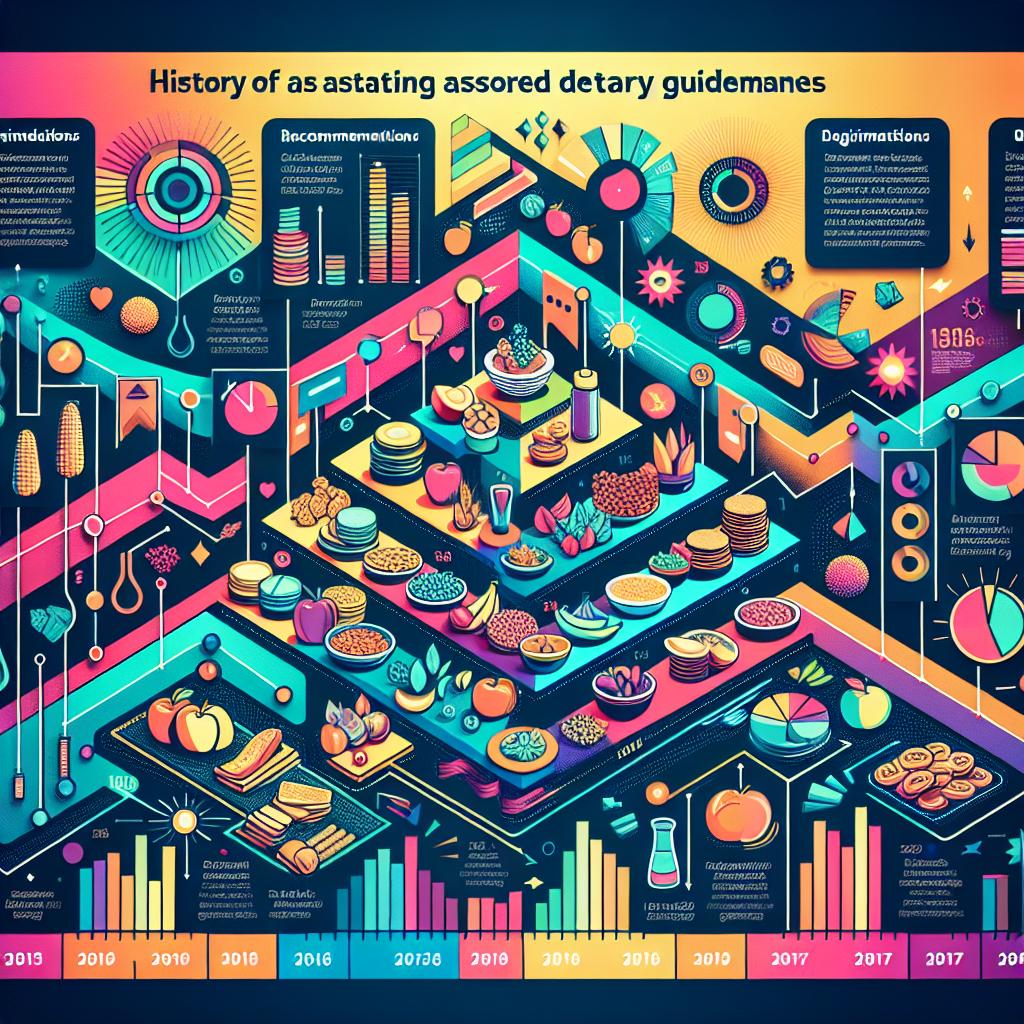The Role of Ultra-processed Foods in Chronic Disease
Processed foods have become a prevalent part of the modern diet, offering convenience and affordability. However, the overconsumption of ultra-processed foods has raised concerns about its impact on public health and nutrition. Ultra-processed foods, which are formulations of multiple ingredients, including additives and preservatives, have been linked to the rise in chronic diseases.
Studies have indicated that a high intake of ultra-processed foods is associated with an increased risk of obesity, type 2 diabetes, cardiovascular diseases, and certain types of cancer. The excessive levels of sugar, salt, unhealthy fats, and food additives present in these products contribute to the development of chronic conditions. Additionally, the low nutritional value of ultra-processed foods further exacerbates the negative health outcomes.
Furthermore, the consumption of ultra-processed foods has been linked to adverse effects on metabolism and overall well-being. These products often lack essential nutrients, fiber, and beneficial compounds, leading to an imbalanced diet and poor health outcomes. The excessive energy density of ultra-processed foods also contributes to overeating and weight gain, increasing the risk of chronic disease development.
Addressing the role of ultra-processed foods in chronic disease prevention necessitates a shift towards whole, minimally processed foods and a reduction in the reliance on ultra-processed products. Public health initiatives, education, and policies aimed at promoting the consumption of nutrient-dense, whole foods are crucial in mitigating the impact of ultra-processed foods on long-term health. Individuals can benefit from adopting a diet primarily composed of fresh fruits, vegetables, whole grains, lean proteins, and healthy fats, thereby reducing the risk of chronic diseases associated with the consumption of ultra-processed foods.
Navigating the Nutritional Pitfalls of Processed Snacks and Convenience Foods
When it comes to navigating the nutritional pitfalls of processed snacks and convenience foods, it’s crucial to be aware of the potential impact on health and nutrition. Processed foods are often laden with excess sugar, salt, unhealthy fats, and various artificial additives. These ingredients can lead to a range of health issues, including obesity, heart disease, and diabetes.
Furthermore, processed snacks tend to be low in essential nutrients such as fiber, vitamins, and minerals, which are integral to a balanced diet. This can lead to nutritional deficiencies and contribute to a host of health problems over time.
Consumers should be diligent in checking food labels and opt for snacks that are lower in added sugars, sodium, and unhealthy fats. Choosing whole, minimally processed foods such as fruits, vegetables, nuts, and seeds can significantly improve the nutritional quality of one’s diet. Additionally, being mindful of portion sizes and moderating the consumption of processed snacks is key to maintaining a healthy diet.
In conclusion, while the convenience of processed snacks and foods may be appealing, it’s important to prioritize health and nutrition. By being cognizant of the nutritional pitfalls and making informed choices, individuals can positively impact their overall well-being.
Unveiling the Hidden Dangers of Additives and Preservatives in Processed Foods
Processed foods have become a staple in modern diets, offering convenience and accessibility. However, the hidden dangers of additives and preservatives lurking within these products pose serious risks to our health and nutrition. These substances, designed to prolong shelf life and enhance flavor, often come with detrimental effects on the human body.
One of the primary concerns is the high level of sodium and sugar found in processed foods. Excessive sodium intake is linked to hypertension and heart disease, while the abundance of added sugars can contribute to obesity and type 2 diabetes. Furthermore, the synthetic preservatives used in these products, such as BHA and BHT, have been associated with potential carcinogenic effects and adverse impacts on the endocrine system.
Consumers are often unaware of the presence of these harmful additives, as they are cleverly disguised under unfamiliar names on food labels. This lack of transparency makes it challenging for individuals to make informed decisions about their dietary choices. Additionally, the nutritional value of processed foods is typically low, as they are stripped of essential vitamins, minerals, and fiber during the manufacturing process.
As awareness of these issues grows, there is an increasing demand for natural and minimally processed alternatives. It is crucial for consumers to prioritize whole, unprocessed foods and to scrutinize food labels for any hidden additives and preservatives. By doing so, individuals can take control of their health and nutrition, steering clear of the detrimental impact of processed foods on their well-being.
















